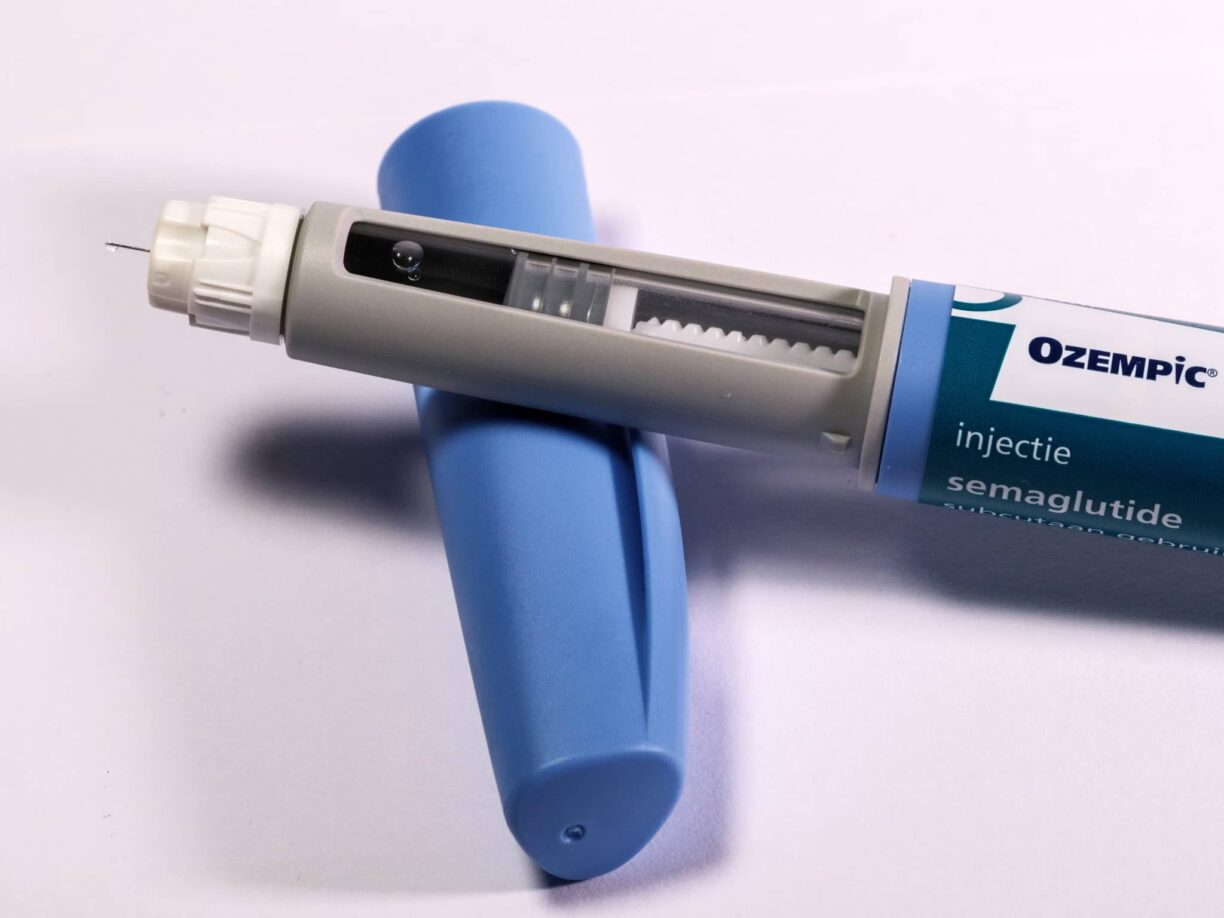Recent shifts in the global economy have negatively impacted numerous businesses and industries, leaving many struggling or facing collapse. Amid these challenges, the healthcare industry continues to experience rapid growth.
With such high demand, it’s no surprise that so many medical positions are growing in popularity. To take advantage of these opportunities, you would be happy to know that there are CPD accredited courses that you can take to put you ahead of the competition to secure one of these great jobs.
Courses with CPD accreditation can help you immensely, whether you are already a healthcare practitioner or looking to make a career switch.
More medical professionals are required in heavily populated cities to stifle and stop the pandemic and provide continuous treatment to chronic patients.
What is CPD Accreditation?
CPD stands for Continuing Professional Development, and it refers to the learning programs that professionals participate in to further and grow their skills.
Learning can become more mindful and constructive, rather than passive and reactive, with CPD. CPD refers to a professional’s overall dedication to improving their abilities and proficiency throughout their career.
CPD incorporates various learning methodologies, such as training seminars, conferences and activities, e-learning services, best practice practices, and idea-sharing, all to help a person grow and develop professionally.
Opportunities in Healthcare and People care.
With so many different branches and sectors, the medical field is rife with opportunities, some of which are currently more lucrative and advantageous than others. The following occupations in this industry will be in high demand this year, mainly due to the pandemic and the associated healthcare requirements. More people in the medical sector will strive to qualify for such employment, and we can
Nursing Practitioners
Research was conducted to determine which professions had the most demand in 2024 and 4.32% of all jobs that were advertised on Glassdoor were for registered nurses.
Nurses are required in every branch of medicine, and they are on the front lines of EMTs and in emergency rooms, assisting patients in their recovery. Their contribution to the industry is invaluable.
You can get a nursing degree through a variety of courses and colleges, but they all provide the basics that will enable you to work in various medical settings.
However, if you are thinking of working as an RN in healthcare settings outside of your resident state as a travel nurse you would have to get a compact nursing license.
Currently, in the US, 39 out of 50 states participate in the ENLC program. Even if you are just planning to travel as a nurse within your state, obtaining this license will open for great opportunities later in your career.
If you are already a nursing practitioner, you can quickly spike your qualifications by completing CPD-accredited courses or enrolling in an NCLEX prep course to strengthen your foundational knowledge.
While their credentials vary, it is recommended that you prepare for nursing school so that you can progress more quickly and gain more experience.
You’ll need to prep for the fast-paced setting of hospitals, master emergency and life-saving procedures, and learn the most up-to-date nursing techniques. It’s a role with many responsibilities, but it’s still incredibly satisfying and has a lot of space for development.
Medical and Health Service Managers
Through overseeing a healthcare practice, healthcare managers guide, prepare and organise health services. They are in charge of keeping on top of all industry changes and communicating and enforcing these changes to make the healthcare sector run smoothly.
Hospitals, medical offices, and nursing and residential care facilities are familiar places for them to work. A bachelor’s degree is required for most healthcare managers, but some facilities prefer or require a master’s degree.
Biomedical Engineers
Biomedical engineering is an entirely different profession that combines working with advanced technology and medicine all at once.
It is increasing in popularity and demand. This profession necessitates a thorough understanding of both medicine and technology since you will be dealing with complex technological structures and applications and human physiology.
Home Health Aides
Numerous roles in the healthcare industry encourage medical professionals to assist patients outside of hospitals and clinics. Indeed, as people age, they will need more in-home treatment and assistance from skilled home health aides, especially if they suffer from chronic illnesses, dementia, or mobility problems common among seniors.
Furthermore, home health aides are often involved in the lives of their patients. They’ll be their friends, assisting them with shopping, mental stimulation, and socialisation, among other things.
Surgeons
If you are highly committed, perform well under pressure, and have the grit to persevere no matter how difficult the situation gets, you may have what it takes to become a surgeon.
Surgery is a broad field. Hence, surgeons specialise in a specific type of surgery like pediatric surgery, neurosurgery, cardiothoracic surgery, or something in between.
Surgeons will be one of the most in-demand healthcare jobs in 2024 and beyond, especially now that the virus has impacted the industry and more skilled staff are needed.
On the other hand, aesthetic surgery is a very lucrative branch of this industry, though demand may not be as strong as in other areas in the coming months.
Final Thoughts
Healthcare specialists are constantly in demand across several fields as our population ages, the pandemic continues, and medical science advances.
Opportunities in the healthcare sector are not limited to the ones mentioned above but extend to other careers such as; Lab technicians, Occupational therapy assistants, physicians, medical assistants, etc.





